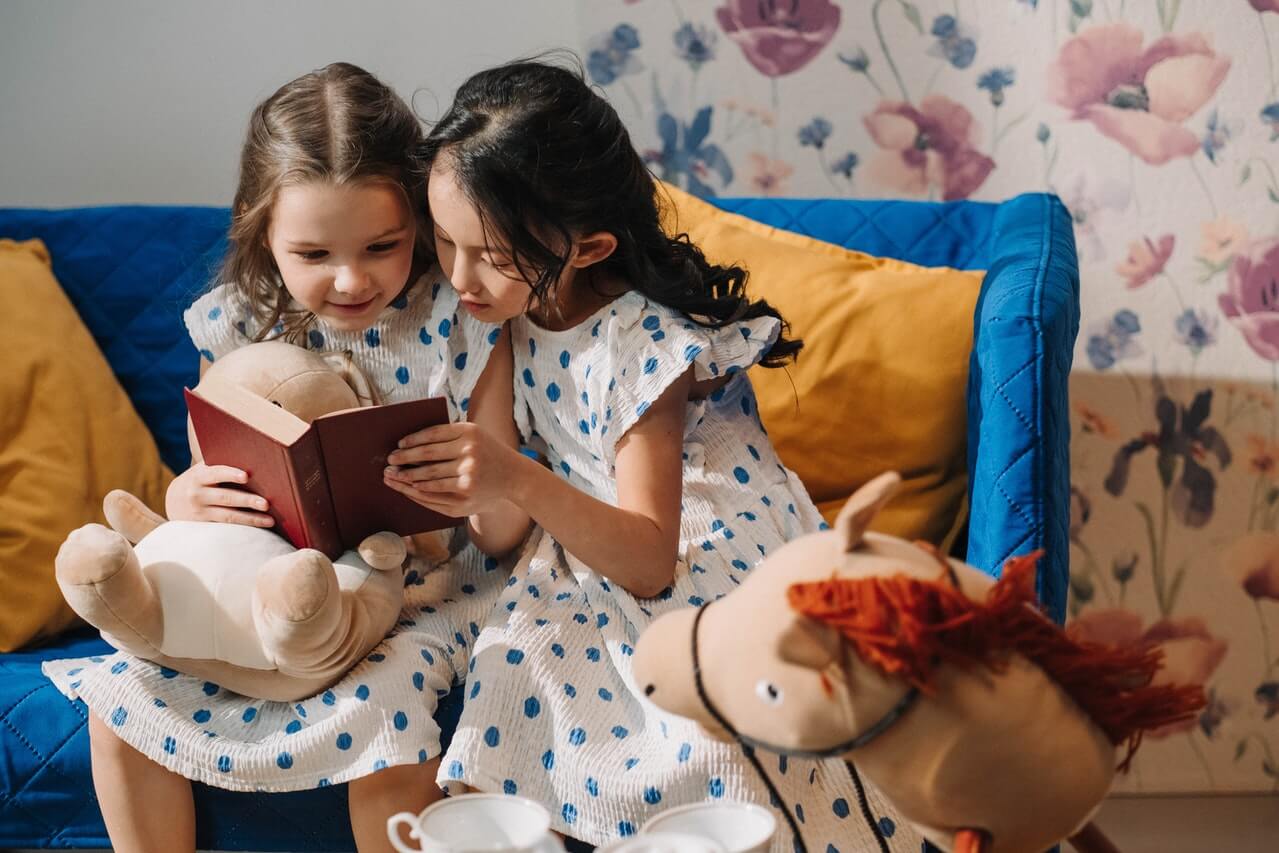As a member of a clique, what does it mean to belong?
When kids are young, friendship is an essential aspect of their growth. Developing close friendships with other children can significantly enhance a child’s self-reliance outside of their immediate family.
Cliques and groups of friends differ in crucial ways.
There are many ways to form a group of friends, such as through shared interests, sports, activities, classes, neighborhoods, or even family connections. Friendship groups allow members to mingle freely with others outside the group without fear of being shunned. That is fine. They may not do everything together.
Cliques can form around shared passions, but the dynamics of these groups are vastly different. Small groups of leaders usually govern people in cliques.
As a group, the clique’s members engage in most activities. Individuals in the clique may reject or mock someone who has a friend outside the group.
Wearing specific clothing or participating in certain activities are common rites of passage for clique members. Clique members are sometimes subject to tremendous pressure to adhere to a strict set of norms.
They worry about whether or not they’ll dismiss them from the clique for doing the wrong thing, saying the bad something, and so on. It is usual for kids to feel the need to engage in risky behavior, such as stealing, playing practical jokes, bullying, and fitting in with their peers.
In addition, kids may feel compelled to purchase expensive items or participate in online slander and taunting. Cliques are more common in junior high and high school, but issues can arise as early as fourth and fifth grade.
Problems arise when cliques form.
Self-discovery and exploration for many young people are usual during the teenage years. It’s normal for children to feel insecure, need acceptance, and gravitate toward those who appear to be more attractive, cool, or popular at any given time.
However, cliques can lead to long-term problems if:
- To satisfy a leader and remain part of the group, children will act in uncomfortable ways or know they are wrong.
- Groups with harmful norms, such as weight loss or bullying others because of their appearance, handicap, race, or ethnicity, can quickly devolve into antisocial cliques or gangs.
- In the absence of acceptance from their peers, a youngster feels isolated and outcasted.
What Can Parents Do to Help?
Many parents can assist their children as they make their way through school social circles. If you notice that your child is disturbed or spends more time alone than usual, attempt to discover more about their behavior.
You should intervene if your child is part of a clique and one of the kids is teasing or rejecting others. Due to the proliferation of television shows that encourage bad behavior, parents have an uphill battle when imparting characteristics like kindness, respect, and compassion to their children.
What is it about a position of power and control that your youngster is drawn to while making friends? What happens to excluded youngsters (are they ignored, ridiculed, or bullied?)? Consider whether or not your students are proud of how they act in class.
Seek help from officials like guidance counselors or professors on what’s happening in the classroom. You can ask them for help with information on any school initiatives aimed at combating cliques and fostering tolerance among students from diverse backgrounds.
Promoting the Development of Healthy Friendships
As a parent, here are a few methods to help your child develop good social skills:
- Don’t just fit in; find the proper fit.
- Focus on what excites and encourages you.
- Maintain a wide range of acquaintances and friends.
- Raise your voice and take a seat.
- Decide Your own decisions and take ownership of them.
Don’t forget to give a broader view of the situation. While it may be challenging to deal with cliques, things can change very quickly. Being able to open up and trust one’s heart to others is far more vital. Also, the best way to be “popular” is to be the kind of friend you’d want to have: courteous and fair to others, helpful, compassionate, and trustworthy.
Articles you might like: Understanding the Victims of Bullying, How Bullying Increases Mental Health Problems, Impacts of Bullying on the Family

